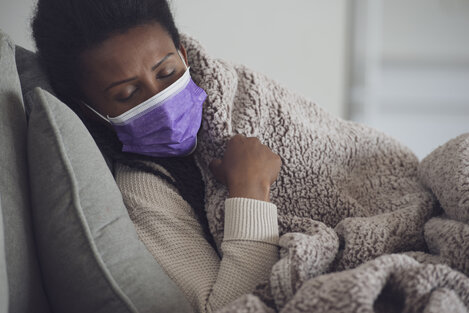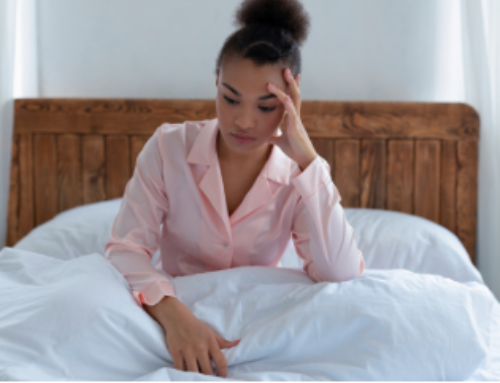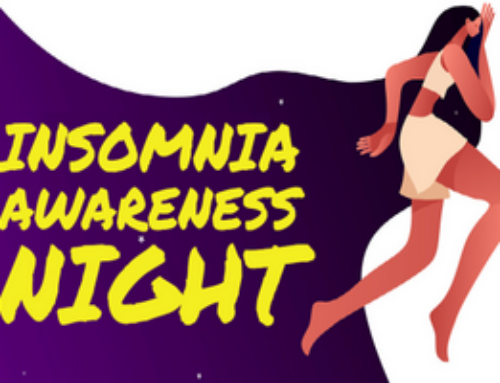Is COVID-19 keeping you up at night? You’re not alone. According to a new survey from the American Academy of Sleep Medicine, a third of Americans are sleeping worse than they did before the pandemic. About 30 percent say they have difficulty falling asleep or staying asleep, while 19 percent of respondents say they get less nightly sleep that before the pandemic. One in five also say they’ve experienced more disturbing dreams during the pandemic. This so-called “COVID-somnia” can be brought on by fears about the coronavirus, concern for our loved ones, economic worries, and limited social contact.
“Factors such as increased stress and anxiety, an uptick in screen time and a lack of exercise can significantly affect the amount and quality of sleep we get,” said AASM President Dr. Kannan Ramar.
Getting the proper amount of quality sleep can strengthen your immune system, improve your mood, increase productivity, reduce stress, and lower the risk of certain health problems. Here are some tips to help you get a good night’s sleep during stressful times:
- Maintain a regular sleep schedule – Even if your schedule has changed because work or school is remote, or you aren’t working, you should aim to get at least seven hours of sleep a night and go to bed and get up about the same time every day, including weekends.
- Turn off electronics – Limiting your screen time helps your body prepare for sleep, while avoiding news and social media before bed can reduce stress. Turn off your electronics at least 30 minutes before bedtime.
- Follow a relaxing nightly routine – Start unwinding at least 30 minutes before your bedtime with quiet activities like reading or meditating, or take a warm bath or shower to help you relax.
- Create a peaceful sleeping environment – A cool, dark room is best for sleeping. Keep TVs off and store smartphones and other electronics outside your room.
Good sleep habits will help restore the quality sleep that many of us have been missing out on this year. And that’s better for our overall physical and mental health.
Authored by:
Jennifer Gibson





